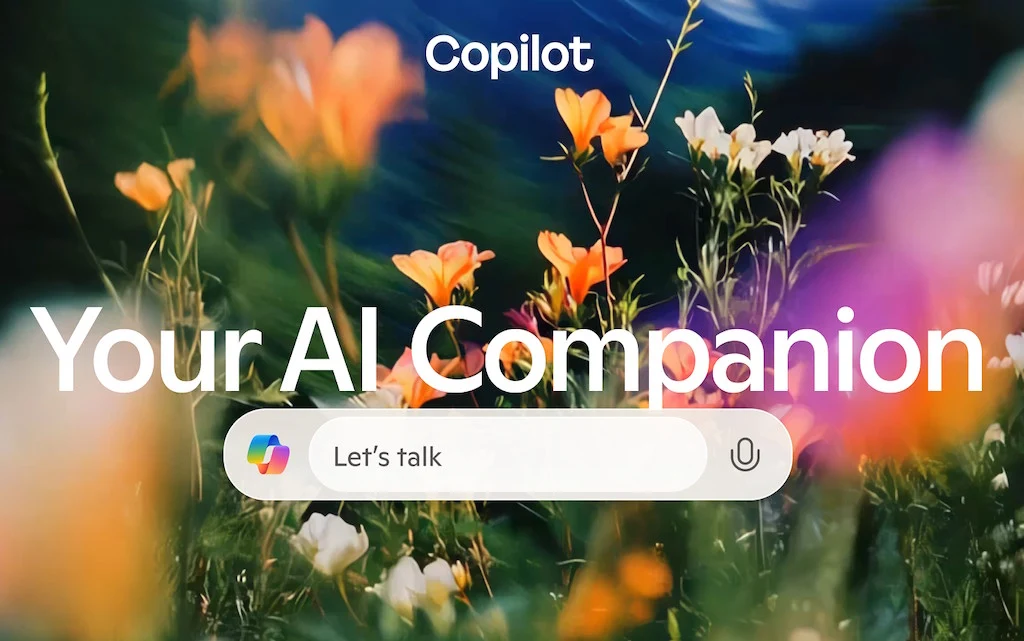Key Takeaways
1. AI Applicability Score: The study calculated an “AI applicability score” to measure how well Microsoft Copilot assists with various job tasks and their success rates.
2. Core Task Performance: Occupations that involve essential tasks like gathering information, writing, and clarifying ideas receive higher applicability scores due to Copilot’s effective assistance.
3. Top Job Categories: The leading jobs identified are mainly in sectors like sales, office support, media, and education, which focus on information creation and sharing.
4. Limitations in Physical Tasks: Jobs requiring physical skills or direct human interaction, such as nursing and manual labor, ranked lower in AI applicability.
5. Current AI Strengths: Generative AI excels in language processing, data retrieval, and structured guidance, suggesting its immediate impact is strongest in roles centered on information exchange.
A recent study analyzing 200,000 interactions in the U.S. with Microsoft Copilot has mapped these chats to various work tasks as defined in the U.S. O*NET database. The study then connects these tasks to specific job categories. The researchers calculated an “AI applicability score” which indicates how frequently Copilot assists with the tasks of different occupations, how often these tasks are successfully completed, and how well these tasks are represented in job descriptions.
High Scores for Core Tasks
Occupations achieve a high applicability score when Copilot effectively aids in completing essential tasks that constitute a significant portion of that job. For instance, tasks like gathering information, writing text, and clarifying ideas tend to have high completion rates. Consequently, jobs that heavily involve these activities usually rank higher on the list.
Leading Jobs Based on Data
According to the data from the study, the top ten jobs identified are primarily related to creating, customizing, or sharing information. These roles are typically found in sectors such as sales, office support, media, and education, among other fields that require substantial knowledge. In contrast, jobs that focus on physical tasks, manual labor, or operating machinery—like nursing assistants, massage therapists, and roofers—are ranked much lower.
Generative AI today performs exceptionally well with tasks that require language, data retrieval, and organized guidance. However, it falls short in areas that necessitate hands-on abilities or direct interaction with people. Although technology may evolve and expand its capabilities over time, the data currently indicates that its most significant immediate effects will be felt in positions where the exchange of information is the main focus.
Source:
Link








